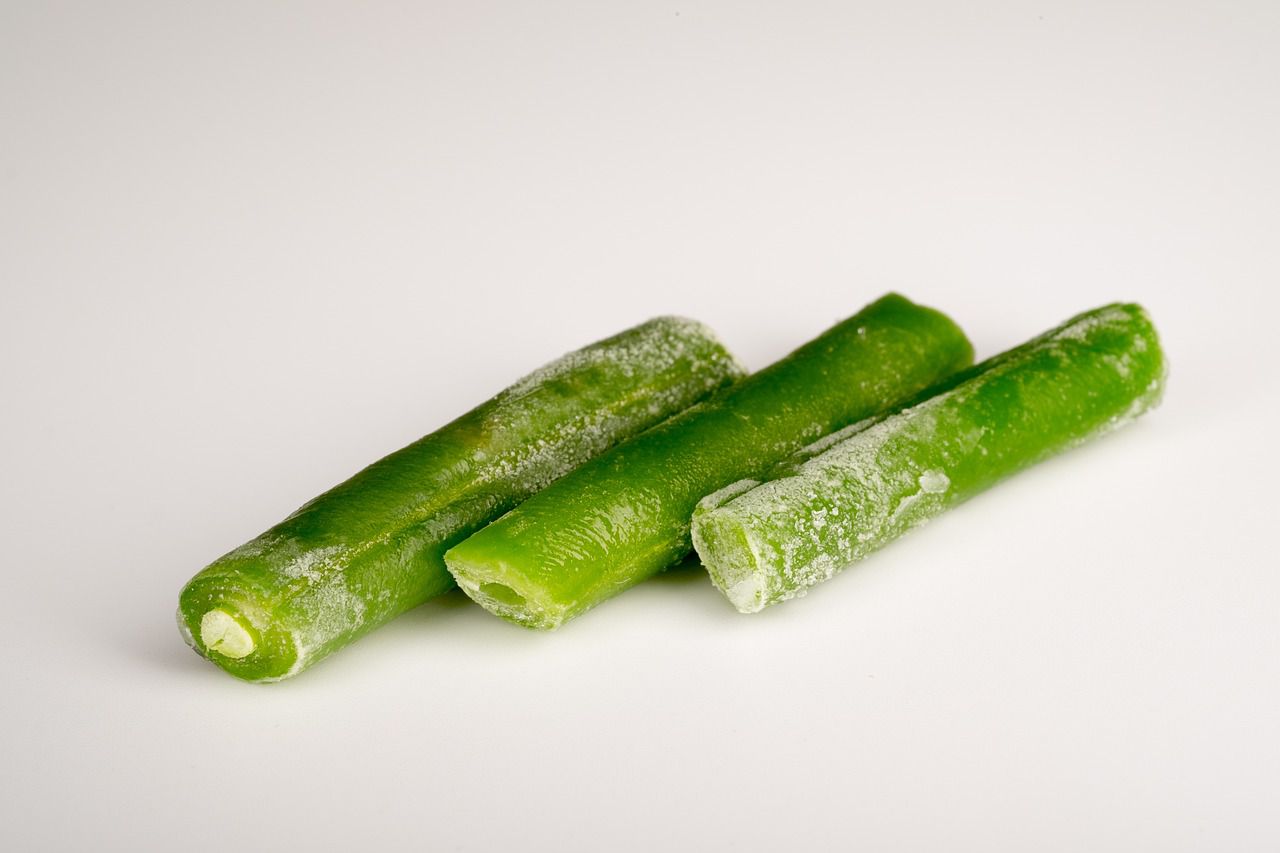Incorporating frozen vegetables into your diet offers both convenience and nutrition, as they are a rich source of essential vitamins, minerals, and fiber.
Although the cooking process may affect some nutrient levels, certain frozen vegetables manage to preserve their nutritional value remarkably well, making them exceptionally healthy choices even after cooking.
Let's explore some of these nutrient-dense frozen vegetables:

Broccoli
Among the most nutrient-packed vegetables, broccoli retains its vitamins and minerals impressively after cooking.
Spinach
Frozen spinach stands as a powerhouse of nutrition, boasting iron, calcium, vitamin A, and vitamin K.
What's more, cooking spinach can enhance the bioavailability of its valuable nutrients.
Peas
Delightfully green peas provide a wealth of vitamins A, C, and K, along with fiber.
Even when cooked from a frozen state, peas retain their nutritional content, adding a nutritional punch to your meals.
Carrots
The convenience of frozen carrots is matched by their rich supply of beta-carotene, which the body converts to vitamin A.
Cooking carrots unlocks the nutrient's potential, making it readily available to your system.
Green Beans
When it comes to vitamin C, vitamin K, and fiber, green beans are an impressive contender.
Cooking them from frozen maintains their nutritional benefits, making them a wise addition to your plate.











